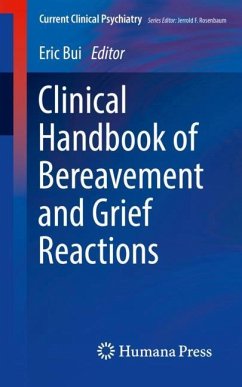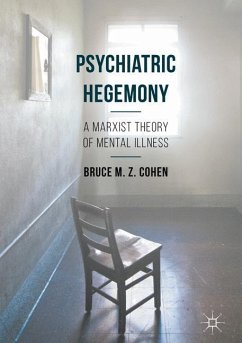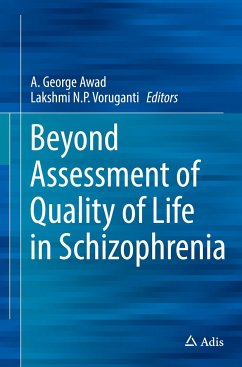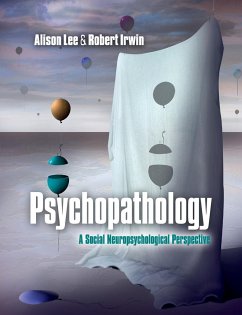
Adversity, Stress, and Psychopathology

PAYBACK Punkte
68 °P sammeln!
"Adversity" involves exposure to unpropitious or calamitous circumstances. It occurs in extreme situations such as prolonged combat or natural disasters, both of which affect whole groups or communities of people simultaneously. It is found as well in more individually targeted events such as child abuse, bereavement, rape, physical illness, marital separation or divorce, unemployment, and homelessness. Exposure to adversity is not randomly distributed in society. It varies, for example, with gender, ethnic or racial background, and socioeconomic status. And some types of adversity can be prec...
"Adversity" involves exposure to unpropitious or calamitous circumstances. It occurs in extreme situations such as prolonged combat or natural disasters, both of which affect whole groups or communities of people simultaneously. It is found as well in more individually targeted events such as child abuse, bereavement, rape, physical illness, marital separation or divorce, unemployment, and homelessness. Exposure to adversity is not randomly distributed in society. It varies, for example, with gender, ethnic or racial background, and socioeconomic status. And some types of adversity can be precipitated by an individual's own actions. In this volume, the leading investigators review research on the nature of adversity and its relationship to major types of psychopathology including schizophrenia, depression, alcoholism and other substance-use disorders, antisocial personality disorder, post-traumatic stress disorder, and nonspecific distress. These relationships are examined in terms of theoretical concepts of life stress that describe the characteristics of the ongoing situation in which adverse events occur and the factors of personality and coping ability that also affect psychiatric outcomes. The authors sift through firm and infirm findings and critically evaluate existing theory and research strategies and provide and integrative theoretical framework. No other book offers as comprehensive and authoritative a discussion of the role of psychosocial stress in causing mental disorders.













